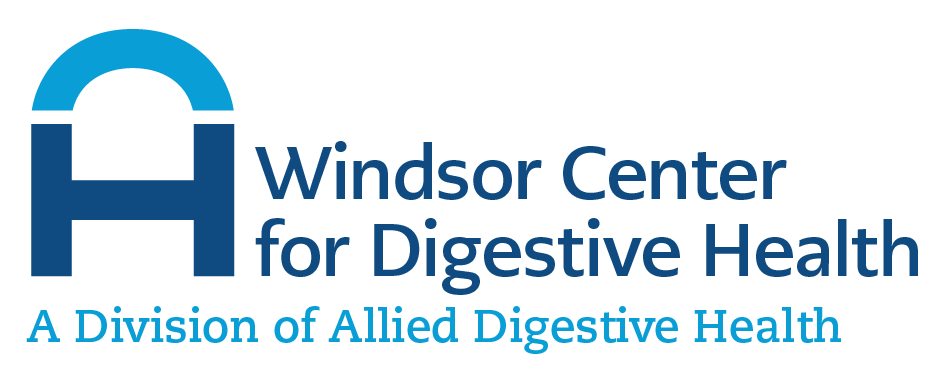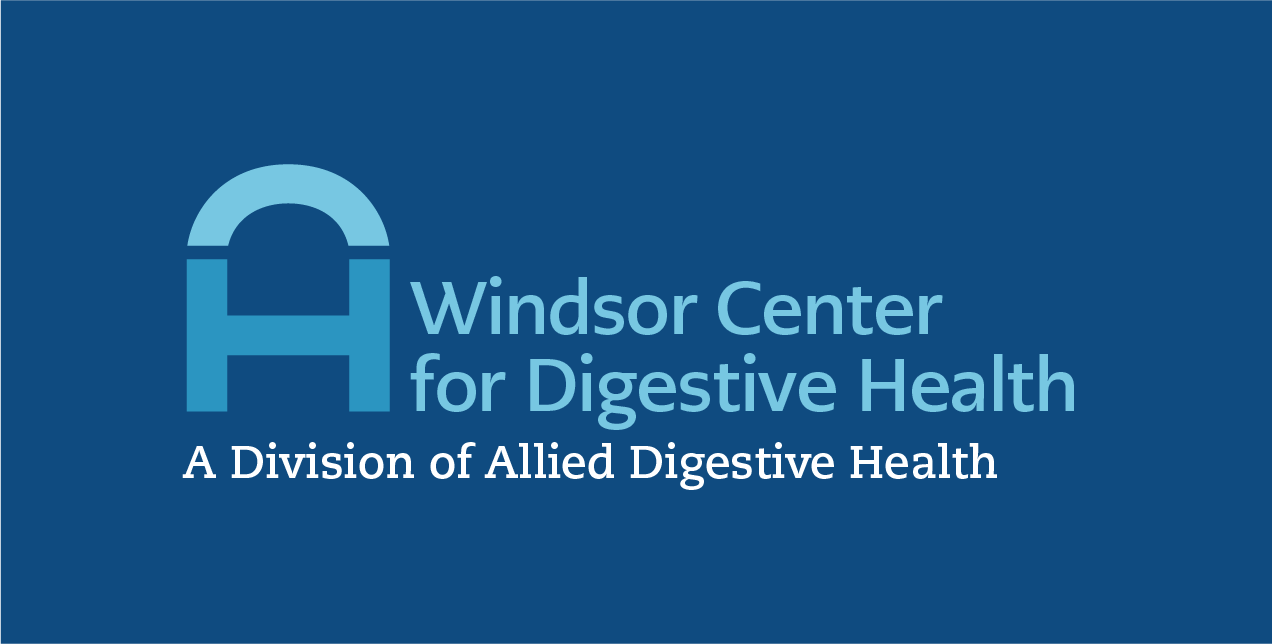How Probiotics and Prebiotics Impact Your Digestive System

- October 26, 2023
How Probiotics and Prebiotics Impact Your Digestive System
Your digestive health has a significant impact on your overall health and your lifestyle. Many people think of the stomach as the most important part of the digestive system. However, your gut (your small and large intestines) and the different types of bacteria within it play an important role in digestion. A healthy gut contains more good bacteria than harmful bacteria. Probiotics and prebiotics are two types of foods that can help you increase the amount of healthy bacteria in your digestive system. In this article, let’s discover how probiotics and prebiotics impact your digestive system and explore potential solutions to this issue. Let’s get started.
Understanding Probiotics: Nature’s Digestive Helpers
You may have learned in Biology class that all living things are covered in microbes. Microorganisms in the form of bacteria, viruses, yeast, parasites, etc. live in the human digestive tract. Although it sounds gross, these microbes actually improve health by producing vitamins and acids and stopping the growth of harmful bacteria. In the digestive tract, good bacteria help aid digestion and strengthen bowel wall tissue.
When the balance of microbes in your digestive tract changes, and harmful bacteria outweigh good bacteria, your health declines. This can occur because of an infection or other imbalance. In the event of an infection, antibiotics are used to get rid of bad bacteria. When microbe imbalances persist, probiotics can be used to increase good bacteria.
Probiotics are live microorganisms that consist of bacteria and yeasts. They’re naturally present in some foods and may be added to some foods and dietary supplements. When consumed, probiotics increase the amount of healthy bacteria in your gut.
Probiotics vs. Prebiotics: What’s the Difference and How Probiotics and Prebiotics Impact Your Digestive System
Probiotics and prebiotics have many things in common. They’re both found in foods and they both improve your digestive health. However, they have entirely different compositions and different jobs to do. Probiotics are living bacteria that improve digestive health. Prebiotics are not living. They’re fibers that aren’t digestible but serve as food for probiotics. A healthy diet includes foods that contain both probiotics and prebiotics that work together to improve digestive health.
Probiotics for Digestive Harmony
The human digestive tract is full of living bacteria that change due to many factors including your age, your genetic makeup, the medications you take, and your diet. Probiotics help increase the amount of healthy bacteria in your digestive tract. Different strains of probiotics improve the microbial balance in your digestive tract to produce specific results. Increasing healthy gut bacteria strengthens the mucus layer in your intestinal tract to protect you from toxins. It can also improve digestion and help stop bad bacteria from causing illness.
Fermented foods that contain live microbial cultures are a good source of probiotics. These foods include:
– Yogurt
– Kefir
– Sauerkraut
– Pickles
– Kimchi
– Raw, unfiltered apple cider vinegar
– Kombucha
– Sourdough bread
– Some cheeses
Prebiotics: The Fiber Friends of Your Gut
Prebiotics are a type of plant-based dietary fiber. These fibers aren’t digestible. As a result, they stay intact through the stomach and small intestine. When fibers reach the large intestine, good bacteria break down the fiber to use as fuel. Since they act as a food source for good bacteria, prebiotics increase the amount of good gut bacteria.
Prebiotics are found in fibrous foods that contain carbohydrates like insulin. These foods include:
– Chicory root
– Dandelion greens
– Jerusalem artichoke
– Garlic
– Asparagus
– Onions
– Bananas
– Oats
– Apples
How Probiotics and Prebiotics Impact Your Digestive System: Digestive Disorders and Probiotic Solutions
Substantial scientific research has been completed to determine the potential health benefits of probiotics. Probiotics contain good bacteria similar to those already found in your gut. We know that good gut bacteria break down fiber, aid digestion, and prevent illness caused by harmful bacteria.
Studies have also shown that probiotic solutions have a positive effect on these digestive disorders.
– Antibiotic-associated diarrhea: Antibiotics can upset the balance of good and bad bacteria in the digestive tract, causing persistent diarrhea. Certain strains of probiotics have been shown to reduce the incidence of antibiotic-associated diarrhea by 51%.
– Irritable bowel syndrome: A functional gastrointestinal disorder, irritable bowel syndrome (IBS) is typically characterized by abdominal pain, bloating, cramping, constipation, and/or diarrhea. Changes in the gut microbiome can cause IBS flare-ups. Various strains of probiotics have been shown to reduce abdominal pain bloating and flatulence related to IBS.
– Pediatric acute infectious diarrhea: Acute diarrhea in children may be accompanied by fever or vomiting and last up to seven days. Single- and multi-strain probiotics have been shown to shorten the duration of infectious diarrhea by about 25 hours.
– Inflammatory bowel disease: A group of diseases that includes ulcerative colitis and Crohn’s disease, inflammatory bowel disease causes chronic inflammation of the intestines. Symptoms include abdominal pain, diarrhea with or without blood, fecal urgency, incontinence, and anemia. Studies have shown that probiotics might modestly reduce symptoms when used along with other treatments.
Choosing the Right Probiotic and Prebiotic Sources
Eating a healthy balanced diet that includes whole grains, vegetables, fruits, and lean proteins is the best way to improve your overall health and your digestive health. A healthy diet is the best way to ingest vitamins and essential nutrients. It’s also the best way to ingest probiotics and prebiotics. Sometimes, health conditions can make it difficult or impossible for people to get probiotics or fiber through food. In these situations, your doctor might recommend probiotic and prebiotic supplements.
When to Talk to Your Doctor
Probiotics and prebiotics are good for your health. However, making drastic changes to your diet or starting new medications can have adverse effects under certain circumstances. Before making changes to your diet or taking dietary supplements, it’s important to talk to your doctor.
Maintaining good digestive health can help you avoid illnesses and chronic digestive conditions. If you have questions about maintaining your digestive health or symptoms you’re experiencing, it’s important to contact your doctor for advice. A qualified health professional can provide medical information about the use of probiotics and prebiotics, address your concerns, or suggest screening or treatment options related to existing symptoms.
If you have questions about digestive health or have a sudden change in bowel habits, it’s important to talk to an experienced gastroenterologist. Contact us to learn more about taking care of your digestive health or addressing existing symptoms.
Footer
© All Rights Reserved


